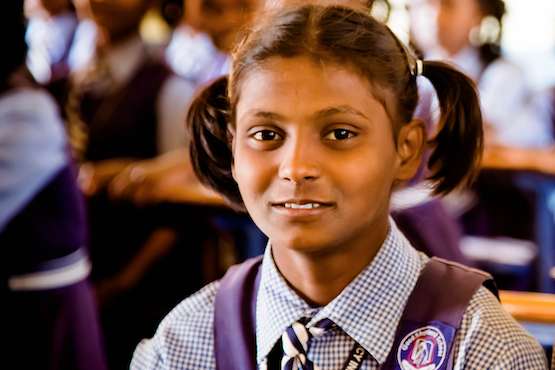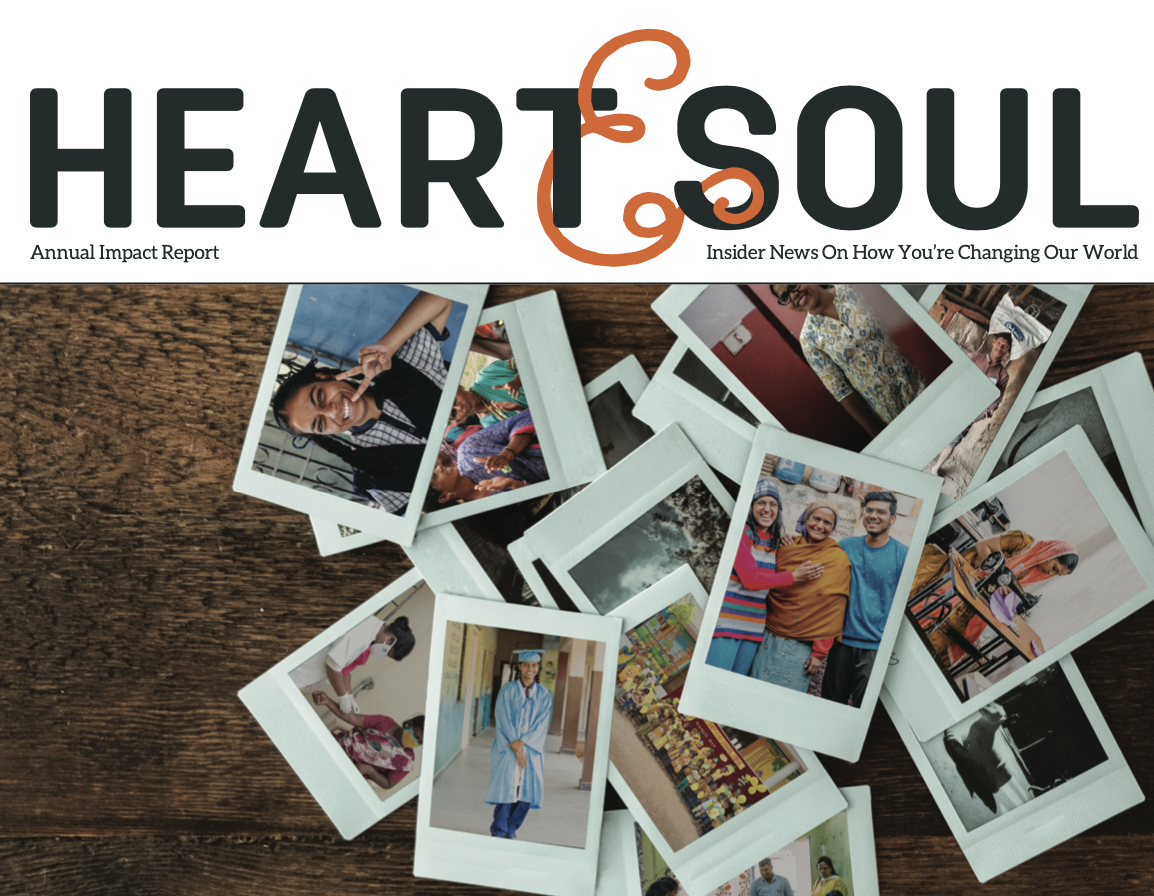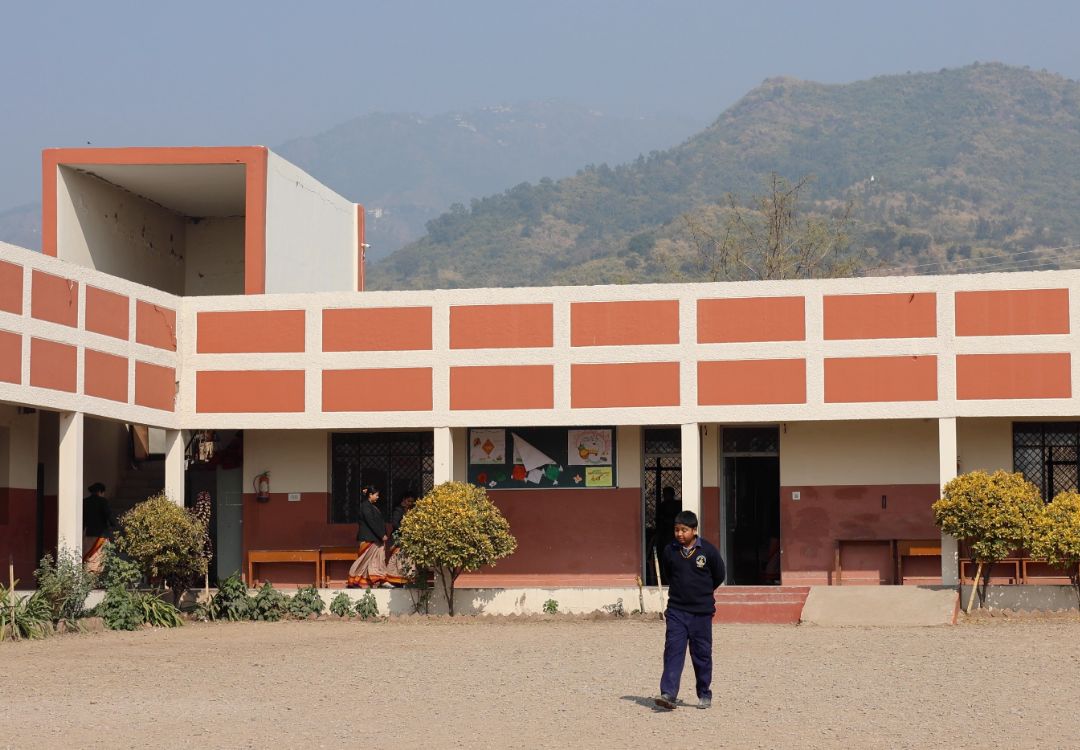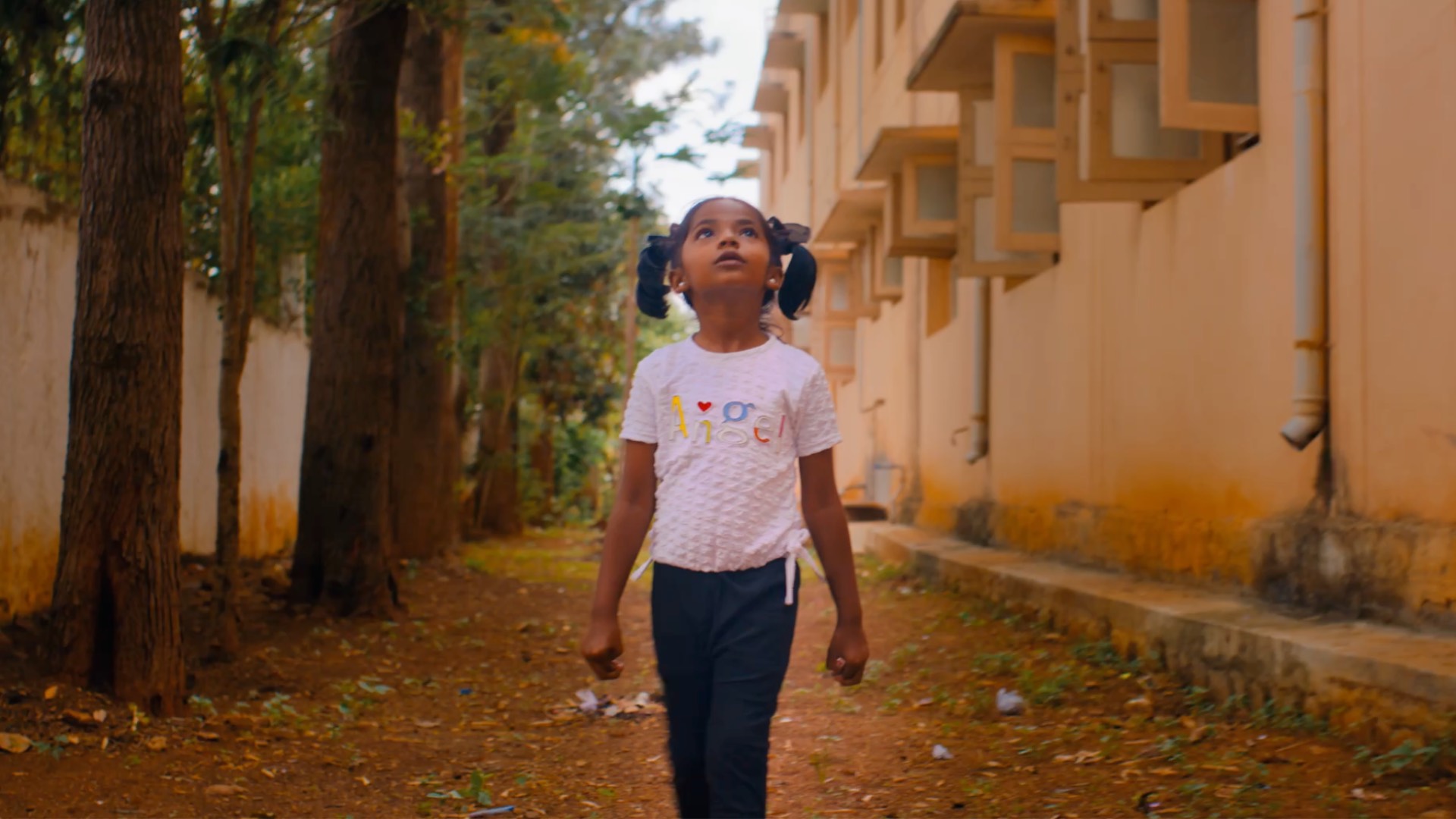Rising early in the morning before the sun comes up, 15-year-old Malati is eager to open her school books and review her assignments one more time before heading off to class. She lights a candle in the small area in which she sleeps, and holds each book close to the light, ever-enthusiastic about her opportunity to study. English is her favorite subject. She has learned to read, write and speak this language that was foreign to her when she was young. But today? She’s able to translate for her parents whenever they go shopping and someone speaks English to them.
As the morning goes on, Malati’s mother has to pry the books out of her hands to feed her a simple breakfast of porridge and help her put on her freshly cleaned and pressed blue and white school uniform. Proudly a member of her school for the last 9 years, she is a 10th grader now. That means she has to look sharp and perform her best. She is an example for the younger students. She knows they look up to her and she is honored to be an example of a good student.
Arriving at school later that morning, she takes a deep breath as she walks onto the school grounds. It is a place of familiarity. A place of acceptance. A place where she experienced unconditional love and compassion for the first time. And today, with just one year left in her secondary education, she looks to the future with hope. After she graduates she plans to study engineering. She has confidence that she will get a good-paying job and that she will be able to lift her family out of poverty. Her excitement over the future can hardly be contained!
But a grim alternative still haunts her. She thinks about what would happen if she had never been able to go to school. She wonders what might happen if she doesn’t graduate. Her parents both lost their jobs in 2020. For a time, they wondered where they would get food to eat. She fears that her education still hangs in the balance. Her parents can no longer pay the small school fees. Will the school allow her to continue attending? Will she be able to graduate?
Without graduation, Malati will remain trapped in an existence that so many other young girls face. Early marriage, child labor, debt bondage. If she doesn’t graduate, the options for her future are limited. No, the options aren’t “limited.” There aren’t any options at all. The cycle of poverty that has plagued her family for generations will continue without a diploma. She could even become victim to sexual exploitation as a last resort. The horrors that await her are too numerous to count.
For Malati, graduation is key. It is essential. It is the only way she is free to be all that she was created to be.
We can ensure that Malati and other young men and women like her graduate from school. The economic uncertainty all around the globe has caused a shortage of sponsorships for students like Malati. Their graduation is at risk.
BUT YOU CAN FIX THIS.
You can make a promise to girls like Malati that they will graduate. They will have the hopes and dreams of a future fueled by education. With your support, Malati won’t dread the alternative. Her future is safe, secure, and full of hope.
You can make sure Malati graduates. You can make sure her tomorrow is better than today.
Because every life is worth fighting for.







Get Social